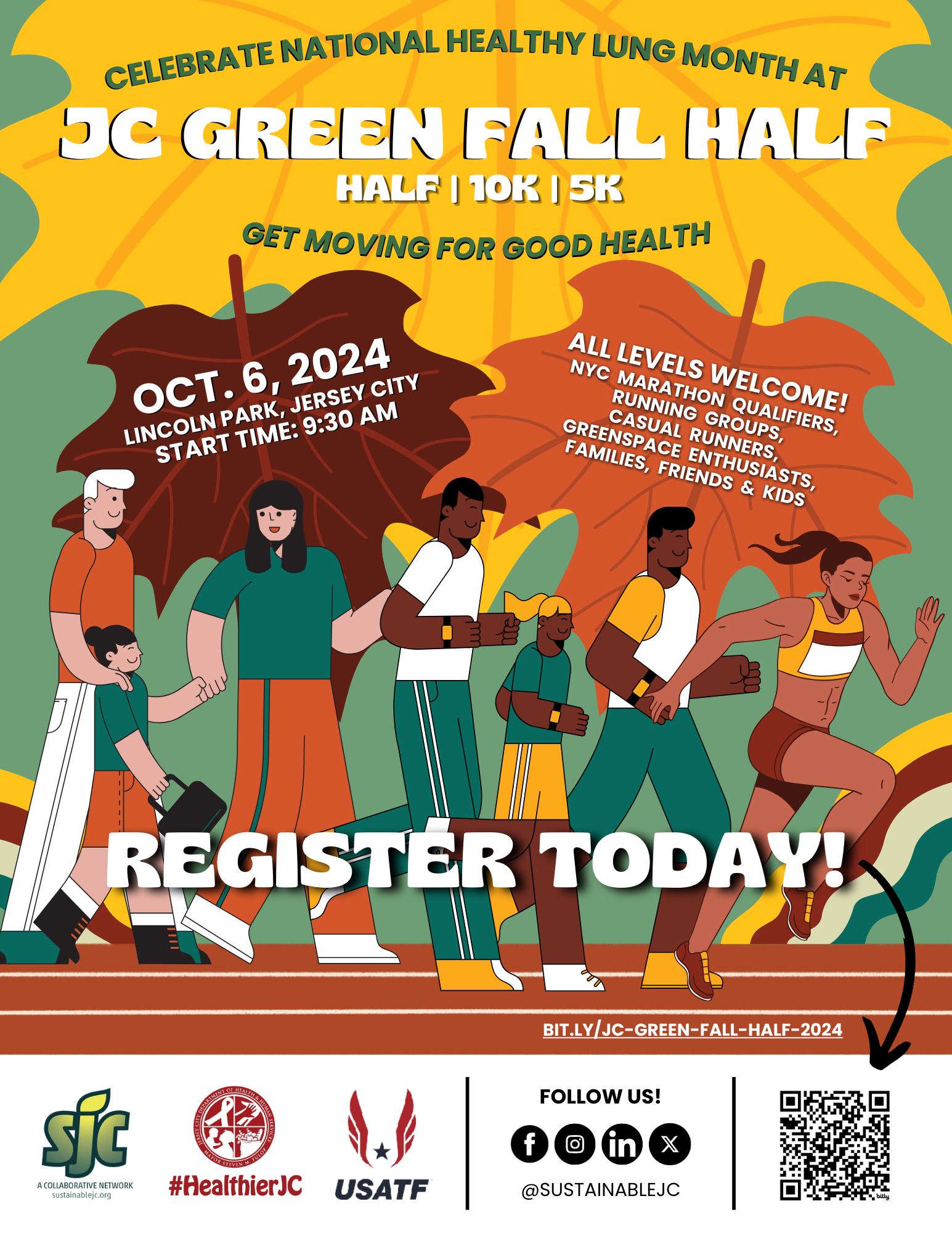Tyler Randall, Master Composter & SJC Community Composting Project Lead, will offer a learning session to individuals and community gardeners about three types of composting methods at our demonstration site located in the P.E.A.C.E. Garden, out back of St. Paul's Lutheran Church.
Parking is available. Part of the workshop is indoors and part of the workshop is outdoors - Rain or Shine !
Register here https://www.eventbrite.com/e/earth-day-community-composting-workshop-tickets-44712306713
Learn why it is important NOT to throw your food scraps in the trash and how to start composting them. Did you know that 20% of all methane emissions in our atmosphere are generated by organics that are taken with our other trash to landfills? It's an escalating problem and we all need to help solve it by doing our part.
Individuals have options - work with SJC's Bokashi program, join one of Jersey City's 20 community gardens, or have their food scraps picked up by the commercial residential pick-up service Community Compost Company.
Community Gardeners - learn how to start and manage different types of composting systems. You can choose one or more for your garden site after you learn the basics - GROWING SOIL for your garden while recycling food scraps not only helps you but helps the environment ! The three types of systems Tyler will teach about are -
Traditional static pile - common in most community gardens
Bokashi - food waste is fermented using activated microbes
Worm (Vermicompost) - worms consume material, their castings used to amend soil
Workshop will cover technical overview, application, and troubleshooting of each method.
Audience will include community garden members and managers, as well as the general public.
EVENTS
2025 SJC Events Calendar here 2025 JC Municipal Meetings here





